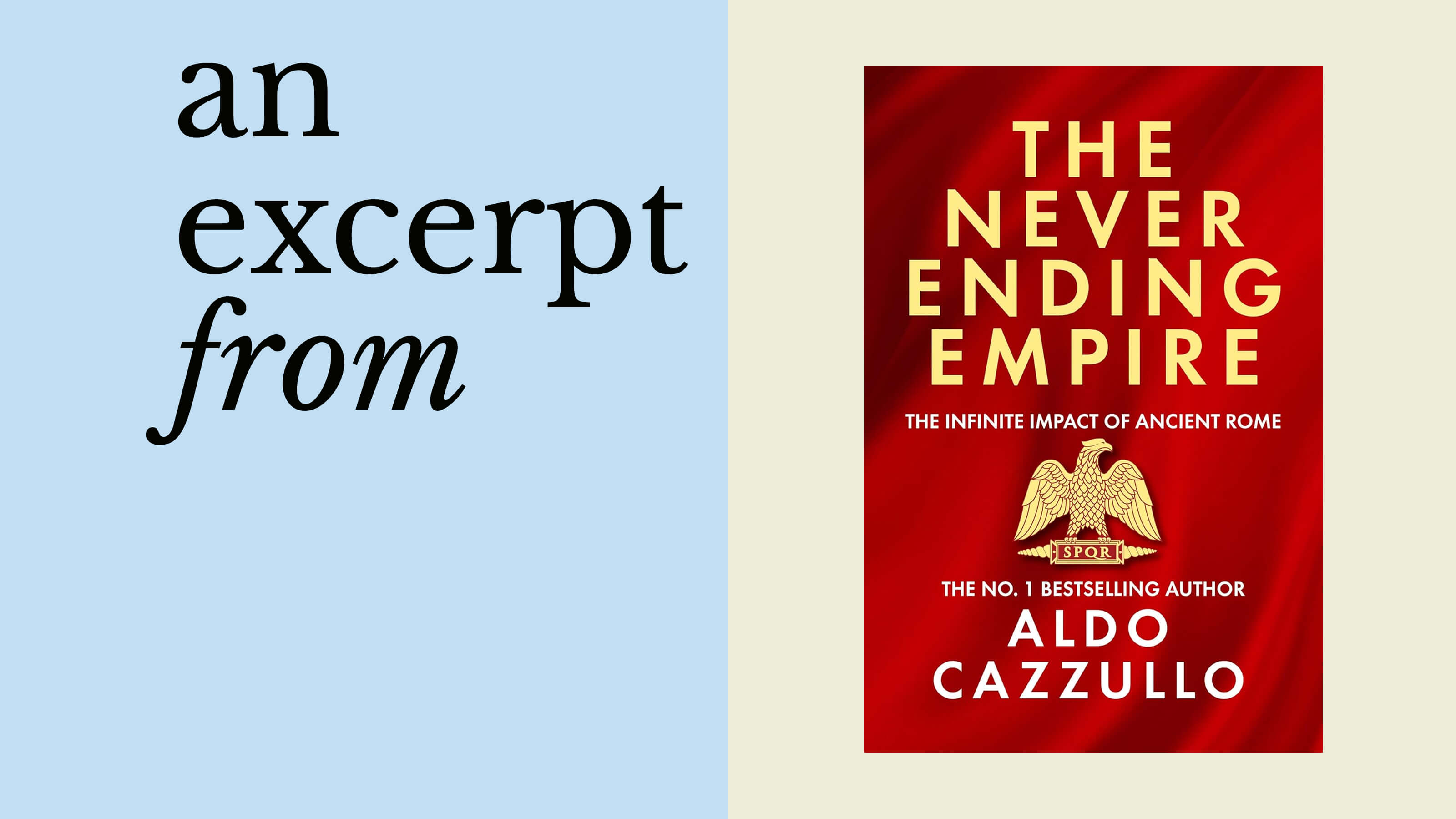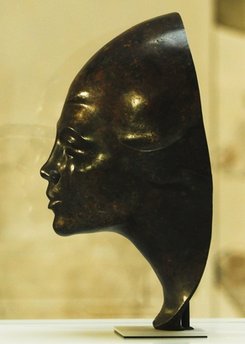“Holiday Romances” for Female Sex Tourists

Earlier this week we talked about whether or not a brothel for women would be profitable. In that post, I argued that it is men’s willingness to engage in sex with strangers—and love of variety in sexual partners—that fuels the world sex trade, while women’s preference for fewer sexual partners and sex within a relationship made a sex trade for female clients far from common. Several of my readers pointed out the existence of sex tourism for women, particularly in Europe and the Caribbean, and wondered if those markets provide evidence that women are, in fact, willing to pay for sex. We can turn to a study of female tourists in Jamaica and the Dominican Republic for evidence that the sexual interactions between these women and local men is far from what we typically think of as prostitution. In fact, these women overwhelmingly describe their local relationships as being a “holiday romance,” even if they have three in one week and give their lovers cash.*
The author of this research collected confidential information from 240 women sunbathing alone on Caribbean beaches (we can pause here for a moment to reflect on how some people get all the good jobs). Seventy-five of the women (31%) admitted to having at least one sexual relationship over the course of their holiday. Thirty women admitted to having multiple sexual relationships with several (3) having had more than five partners. Sixty percent of women with local sex partners admitted to giving their lovers either cash or in-kind gifts. This would underestimate the economic element of these relationships if men wait until the holiday is over, or even until the woman has returned to her home country, to ask for money. One woman in the study who claimed that she had not financially helped her sex partner admitted in another part of the survey that she was paying for a house to be built on his land as part of a business deal. Others probably underestimate the economic importance of meals and hot showers, even small amounts of cash, to men who are for the most part living in poverty.
Clearly, it was not the belief of the women that they were buying sex. When asked to describe their sexual relationship with local men only two said their relationships were purely physical. Even women who had one night stands described these relationships as “holiday romances.” Several women (16) described their relationships with their Caribbean boyfriends as “real love.”
Sex tourism for women is not the same as buying the services of a prostitute in their home country. The men appear to invest the time to convince the women that they are having a genuine relationship, and in fact might hope that such a relationship will result in either his immigration to the woman’s home country or his having found a long-term benefactor. The women probably enjoy the romantic element of the relationship, as well as the sex, and as a result are buying something entirely different than they could expect to purchase in a brothel in their home country. Relative to sex paid for by the hour in a brothel, these relationships are less about the act of sex itself and more about a fantasy of romance.
Would these women buy sex in a brothel in their home country? Interestingly, 25% of the women surveyed reported having been approached over the course of the holiday and offered explicit sex in exchange for money, not one of those women accepted that offer. This suggests that even women who are willing to engage in casual sexual relationships, and to give those men cash, are not interested in participating actively in what we traditionally think of as the sex trade.
* Sanchez Taylor, Jacqueline (2001). “Dollars are a girl’s best friend? Female Tourists’ sexual behaviour in the Caribbean.” Sociology Vol. 35: pp. 749-764.





